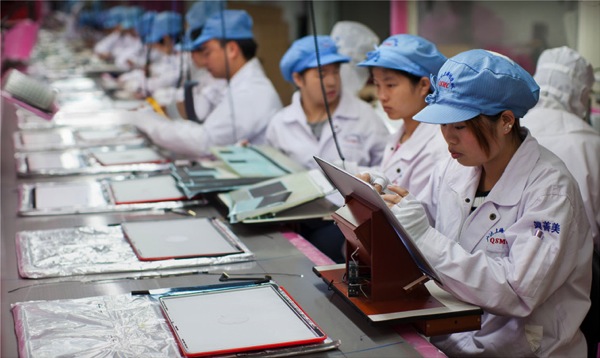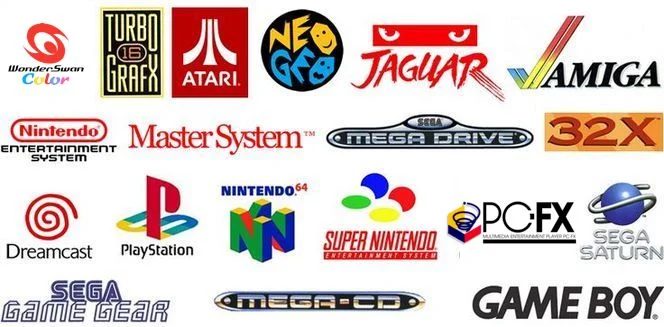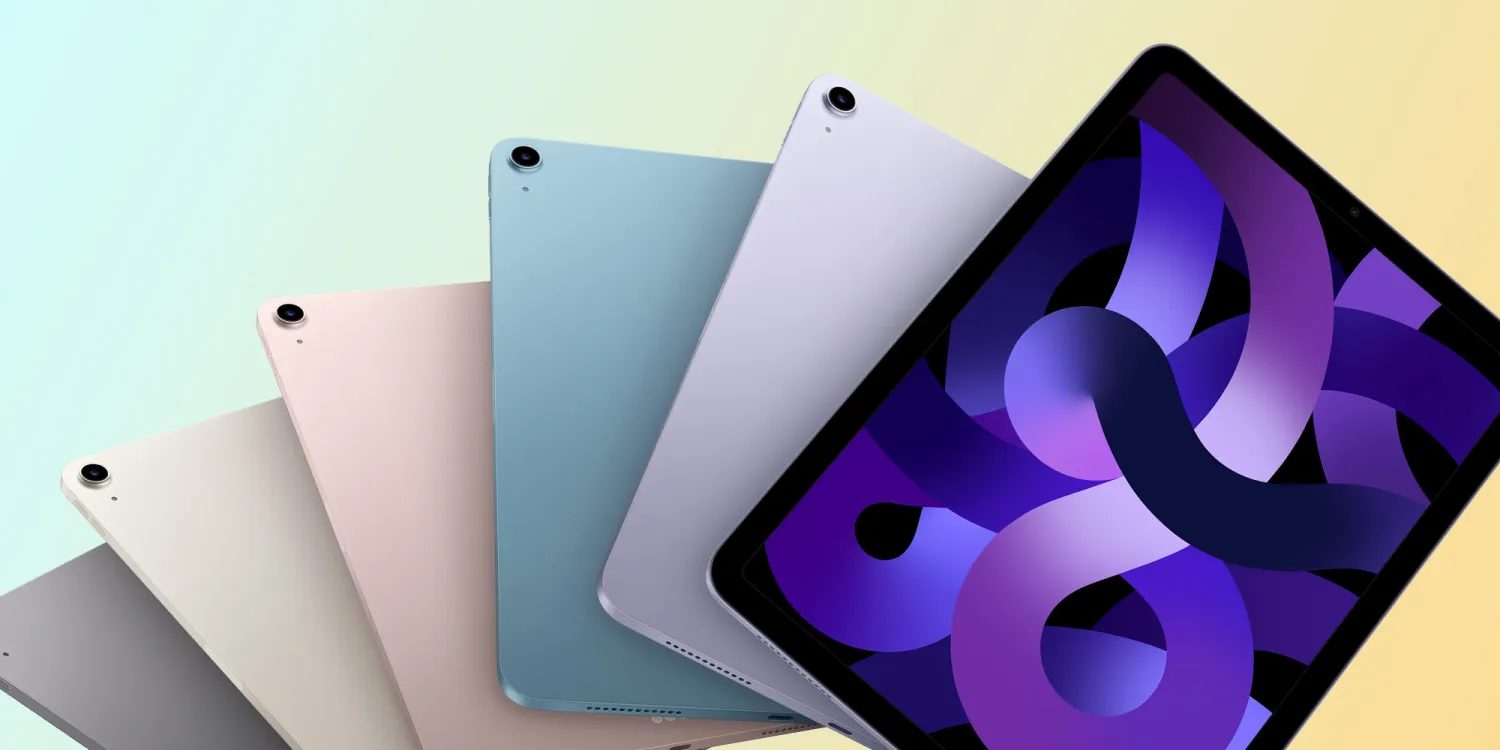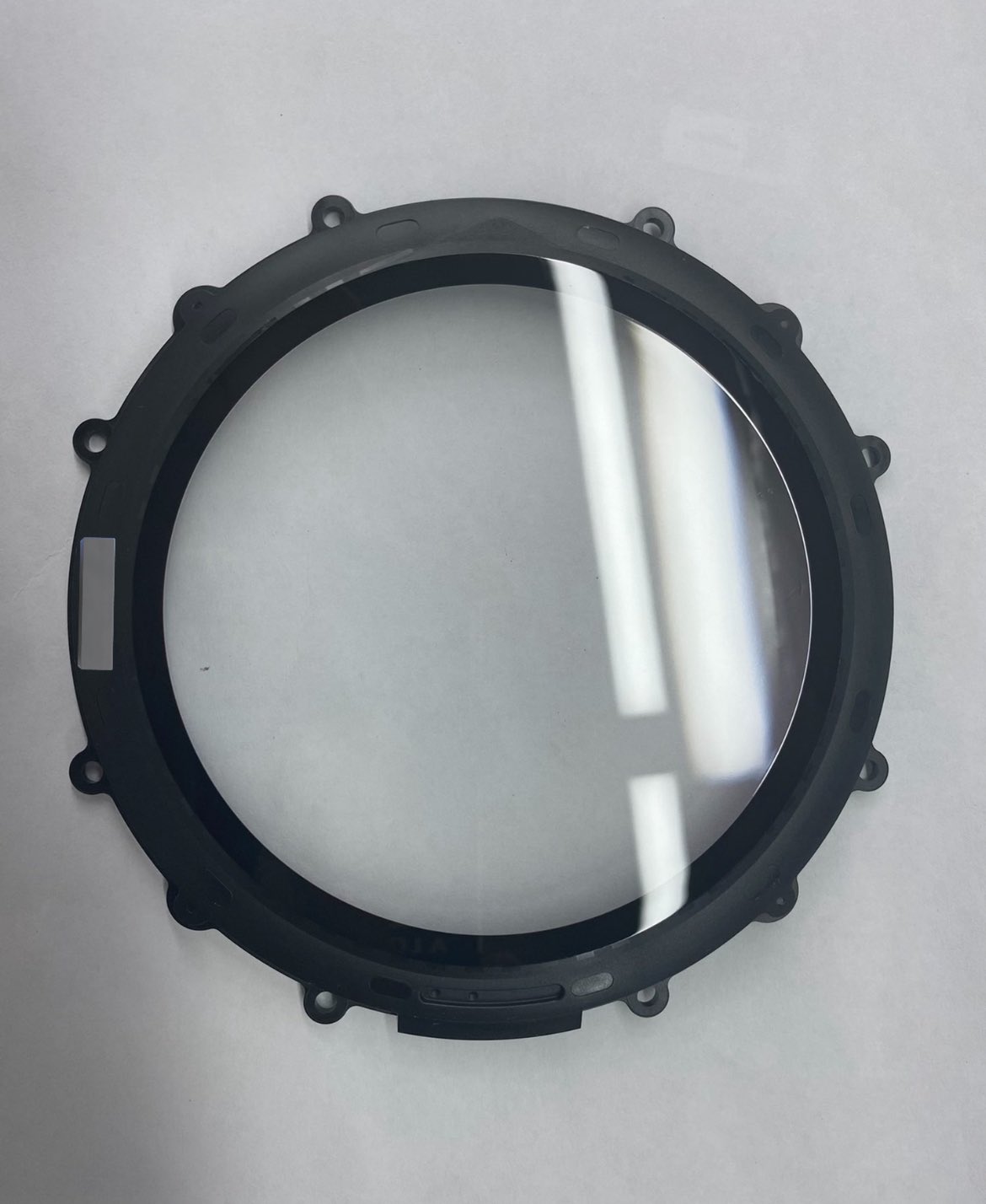Ever since the story was published, Amazon has claimed that it’s full of inaccuracies, while Apple has also denied it being true, even writing a letter to Congress to say as much. Both have been backed up by British and U.S. intelligence, who say they have no reason to doubt the denials being made.
Cyber Security Company Says Bloomberg’s China Stealth Hacking Report ‘Likely Untrue’
A Russian cyber security company has issued a report claiming that the recent Bloomberg report regarding Chinese spies is “likely untrue.”

Last Thursday Bloomberg reported that authorities were investigating Supermicro, which manufactures server motherboards, for shipping equipment implanted with chips that China could use to spy on users.
The piece was incredibly controversial, and a raft of vehement denials from everyone involved — including Apple and Amazon, which Bloomberg claimed discovered the secret chips in their own servers — have since made the story increasingly hard to believe.
Now, according to a new report from MacRumors, Kaspersky Labs has issued a statement in response to the hardware-based hack by China, claiming that the Bloomberg report is likely “untrue.” While Kaspersky Labs explains that hardware supply chain attacks like the one described in the report are possible, the report itself is false.
Kaspersky Labs said the report “should be taken with a grain of salt” in a 14-page analysis of the alleged attack:
The stories published by Bloomberg in October 2018 had a significant impact. For Supermicro, it meant a 40% stock valuation loss. For businesses owning Supermicro hardware, this can be translated into a lot of frustration, wasted time, and resources. Considering the strong denials from Apple and Amazon, the history of inaccurate articles published by Bloomberg, including but not limited to the usage of Heartbleed by U.S. intelligence prior to the public disclosure, as well as other facts from these stories, we believe they should be taken with a grain of salt.
The report also notes that both Apple’s and Amazon’s responses contained “pretty strong” denials and that they “leave little to no chance of retractions or denials at a later time.” It’s important to note that both companies’ statements are regulated by the SEC in the United States.


